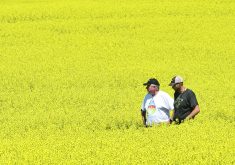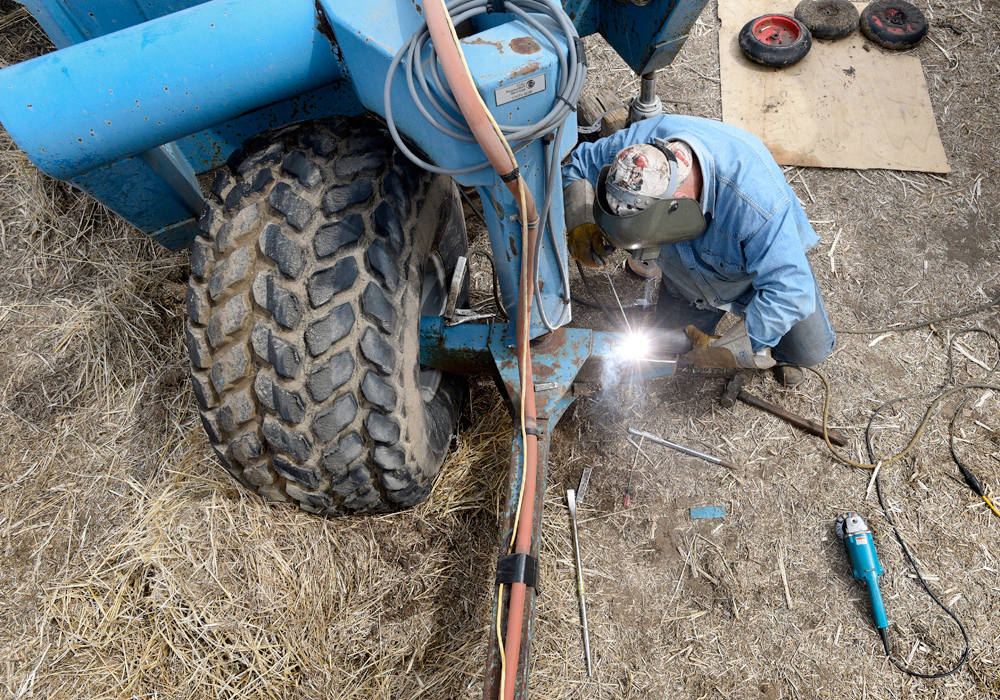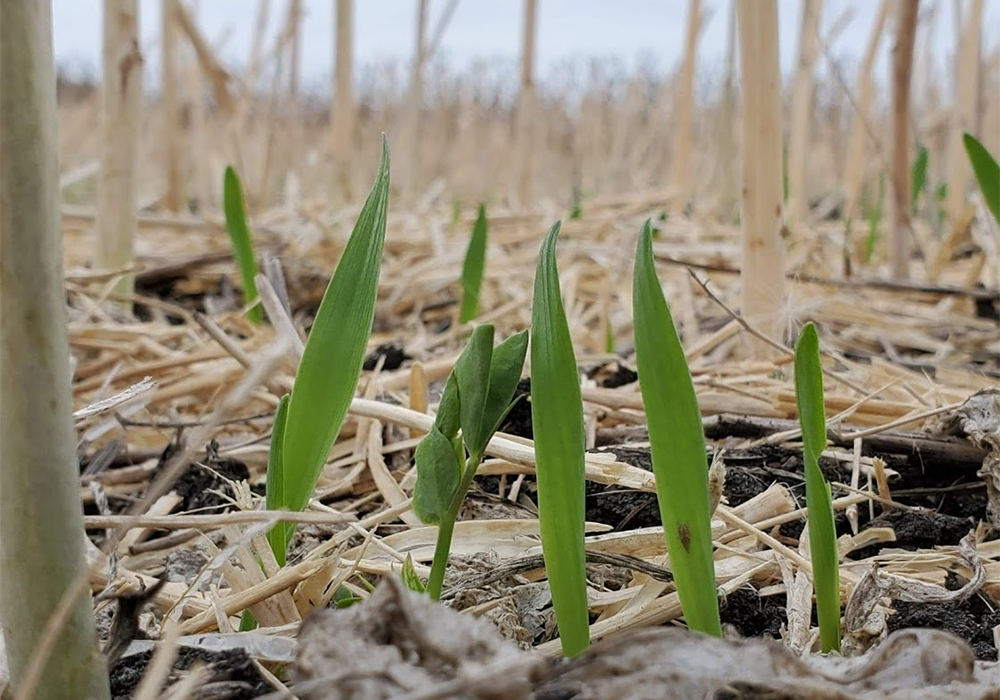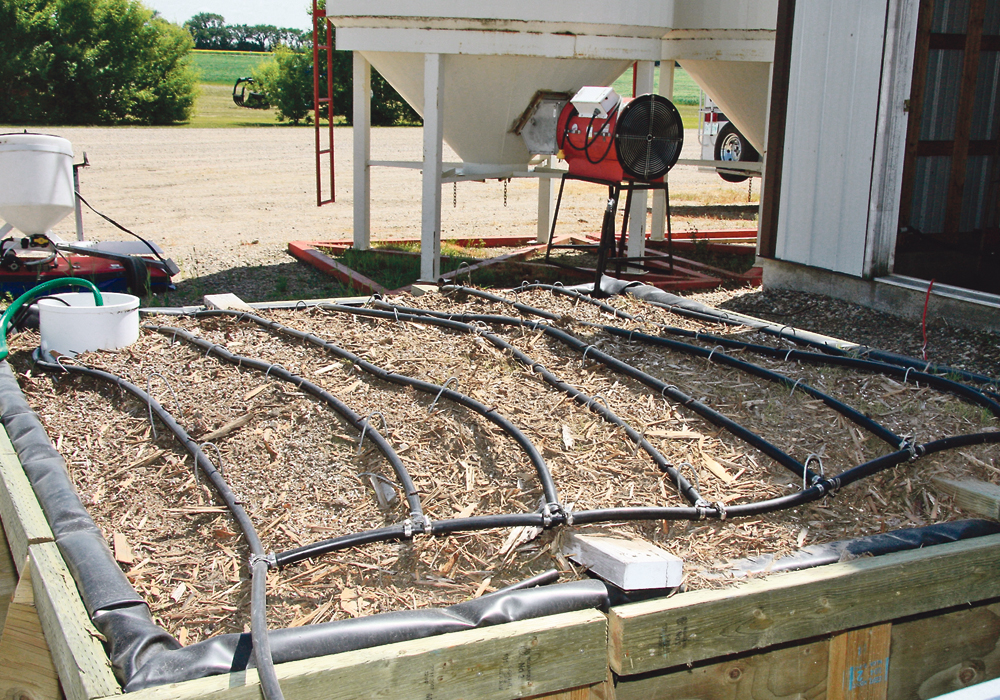It’s easy to become narrowly focused and lose sight of the big picture these days. Lock-down fatigue and several years of social distancing protocols have limited our ability to travel and our ability to explore different places, perspectives, and groups of people.
If you’ve ever spoken to someone after they’ve returned from a trip to Italy, you’ve probably noticed how they think and speak about food differently after that experience. Similarly, after someone’s been to Africa or visited a less-developed country or inner-city neighbourhood, their perspective changes.
Read Also

Kochia has become a significant problem for Prairie farmers
As you travel through southern Saskatchewan and Alberta, particularly in areas challenged by dry growing conditions, the magnitude of the kochia problem is easy to see.
Access to diverse ideas and perspectives improves our individual and collective ability to solve problems.
So, how can an expansion of perspective lessen what seem like significant looming challenges in agriculture?
Broadening our scope of understanding is one way to lessen the impact of stress-related challenges and learn new ways of approaching problems.
Being a farmer isn’t easy and data indicating the level of stress associated with farming has proven this.
Fortunately, farmers are not alone in this struggle. Many people, business owners, and entire industries face significant challenges that impact communities, quality of life and business viability.
Politicians and policy folks conduct environmental scans to understand complex issues using insights from similar and contrasting environments. So, in Saskatchewan for example, politicians often consider how similar jurisdictions such as Alberta, Manitoba or Ontario are solving a particular problem before they develop their own solution.
Typically, the agriculture industry looks to oil and gas or mining to glean insight on trends in regulatory pressure and risks to the industry. Commodity-based industries that rely on global trade are similar in many ways and often collaborate on initiatives or lobby efforts.
But what about human-centred services? How might we learn how to solve complex issues from these industries?
I’ve recently become involved in the world of municipal police governance. I’ve learned that policing, although it appears vastly different from farming, has more complex policy problems than many other sectors.
Public trust is a significant challenge in policing, not only among the general public but especially among marginalized populations. There are longstanding historical implications for policing in Canada.
Until the 1960s, Canada had Indian agents. Their role was to enforce the Indian Act and this meant arresting Indigenous people for speaking their language or leaving their Indian reserve under the Pass System.
One might wonder how a relationship like this could ever be repaired, but I’ve observed that several municipal police forces across the country have made significant improvements toward public trust. The process has taken significant resources and effort among leadership and has involved not only outward perspective building but also a deep and honest look inward.
It has taken a robust analysis of the people, the internal policies and procedures, and entire systems that have contributed to this lack of trust. It has taken a desire to do things differently.
A similar approach has been taken to increase diversity and improve service delivery. Policing, like agriculture and many other sectors, has a lack of female representation in leadership roles. In an acknowledgment that police forces need to better reflect the needs of the diverse groups it serves, many police forces across the country have established diversity targets.
Once again, this involves an internal review of recruitment strategies, organizational culture and the overall environment as it pertains to recruiting female officers.
In agriculture, perhaps there’s more we can do to solve our complex problems and it might involve looking outside of our own sphere of influence.
Katelyn Duncan is a farm management consultant and professional agrologist based out of Regina. To contact her please email katelyn.duncan@backswath.com.

















